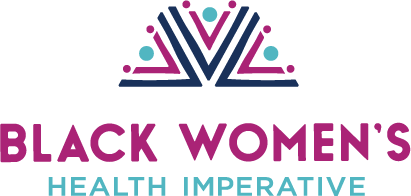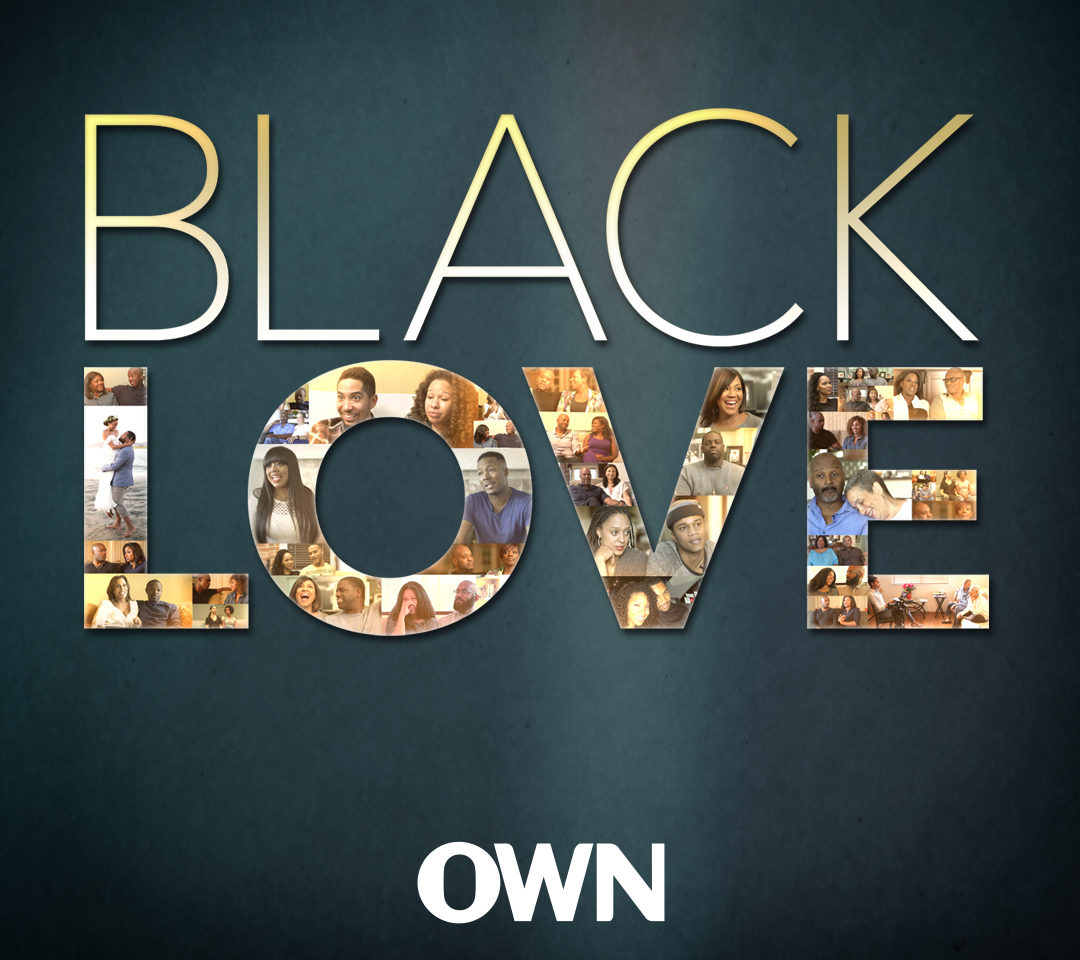On August 29 at 10/9c, the Oprah Winfrey Network (OWN) will bring us something we don’t get to see enough of in the media–real people talking about Black love. This docu-series, created by married couple and filmmakers Tommy and Codie Oliver, brings us several African-American couples—some in Hollywood some not– sharing how they met and how they keep their Black Love and marriages together, even in the most trying times.
The Black Women’s Health Imperative understands the importance of Black Love in addressing Black women’s health. When Black women talk to us about the state of their health, they don’t just talk about their weight, or cancer, or chronic illness. They talk to us about the things that create a foundation and anchor to help them deal with their health and wellbeing. They talk about needing economic stability. And they talk about their emotional health. Having the core of friendships and a healthy, safe and loving relationship positively impacts our overall health.
But as many Black women, whether they identify as heterosexual, trans or LGBTQ, will tell you, it isn’t always easy to find the right partner and to sustain that healthy relationship for the long haul.
According to 2009 data from the Census Bureau, 70.5 percent of black women under 30 in the United States had never been married. But that is only the headline, because it just paints the picture of young women. The data also suggests that Black women tend to marry later in life, but they do marry. By age 55 and above, those numbers showed, only 13 percent of black women had never been married. But for some women, the odds of getting married grow slimmer and slimmer.
In Real Health Terms
Black love is beautiful and it is complicated—especially in terms of our health and wellbeing. At BWHI we know that you can’t look at Black love without addressing our health and wellness. We must begin to also talk about our mental health and the impacts of “unhealthy love,” including physical and emotional abuse in relationships. We have to begin a real dialogue around sexual health and reproductive justice for Black women, which includes but goes far beyond access to birth control. The impacts can be staggering. 80% of us have uterine fibroid tumors which affect our fertility and maternal mortality. We’re 20 times more likely to be infected with HIV than white women. Those of us who are well-educated and well-paid give birth to low birth-weight babies at rates higher than white women without a high school diploma. And, sadly, 50 of us die every day – shot by someone we thought or hoped loved us.
As we engage on the docu-series, we want to remind you that Black love, true love starts in the same place where black women’s health does—with us. In order to truly love anyone else, we must make a priority of learning to love and care for ourselves first. In 1983, BWHI began the self-care movement and, for nearly 35 years, we have provided research, strategies and tools to protect and promote the health and wellness of Black women.
At BWHI, we think the links between love and health are so significant that we will be heading over to social media (Facebook, Twitter and Instagram) to be in dialogue with you as we watch the series together. We encourage you to join us and to bring your friends together to watch this documentary that explores the importance of one of the linchpins of our community and our health. The conversation only begins on the 29th but we will keep it going. Our lives and our love depend on it.
Join the conversation with the following hashtags: #blacklovedoc #owntvrocks
Watch the Black Love preview: https://www.youtube.com/watch?v=akuUg38a_uw


